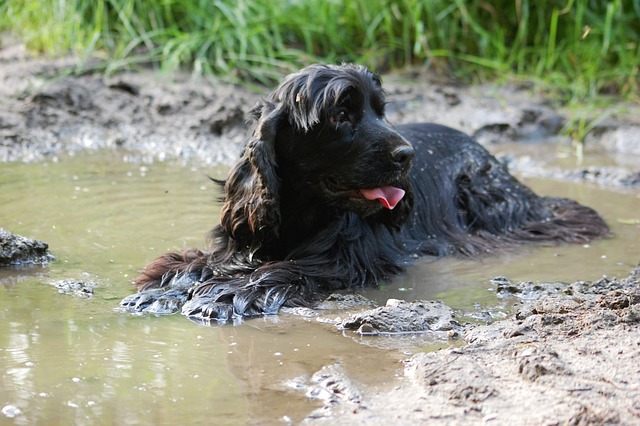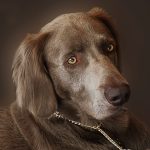Introduction:
While we cherish our furry companions, there are times when we wonder why our dog has an unpleasant odor. It’s essential to understand that various factors can contribute to a dog’s smell. If regular baths don’t alleviate the issue, consulting a veterinarian is crucial. This article explores the potential reasons behind a dog’s unpleasant odor and offers advice on how to address and prevent it.
Common Causes of Doggy Odor:
1. Dental Disease:
Dental issues are prevalent in pets, with up to 85 percent experiencing some form of dental disease after the age of three. Neglected plaque on teeth can lead to gingivitis and infections, resulting in foul breath. Dental infections, diseased teeth, or oral tumors can also be underlying causes.
2. Kidney Disease:
Dogs with kidney disease struggle to eliminate waste products, leading to a buildup of ammonia-like compounds in their breath. This condition may progress to increased thirst, frequent urination, nausea, and loss of appetite.
3. Diabetes:
Late-stage diabetes can cause a distinctive odor in a dog’s breath due to the production of ketones. Inadequate insulin utilization leads to the body breaking down itself for nutrients, generating ketones with a noticeable scent, often described as sweet or similar to nail polish remover.
4. Skin Infections:
Breeds with wrinkly skin, like English bulldogs and Shar Pei’s, are susceptible to skin fold dermatitis. Close skin contact creates a warm, moist environment, ideal for bacterial and yeast overgrowth. These organisms release toxins, causing skin irritation, inflammation, and infection.
5. Ear Infections:
Allergies, anatomy, and improper ear-drying routines after swimming can lead to recurring ear infections. Yeast and bacteria thrive in the warm, moist environment of a dog’s ear, resulting in an unpleasant odor.
6. Anal Sac Issues:
Anal sacs, located near the rectum, release a foul-smelling fluid when a dog defecates. Infections or impactions can lead to excessive licking or scooting. Prompt veterinary attention is crucial to prevent abscess formation.
7. Flatulence:
Some dogs may experience intense flatulence after consuming problematic foods. Severe cases may lead to vomiting and diarrhea. In some instances, dietary adjustments may be necessary.
Treatment & Prevention:
– Bathing: Use aromatherapy, antiseptic, or antifungal shampoos for a thorough clean. Consider a vinegar rinse if needed. Regular washing and brushing help maintain a pleasant scent.
– Dental Care: Prioritize your dog’s dental health to prevent dental diseases and associated odors. Regular teeth cleaning and dental check-ups are essential.
– Dietary Management: Monitor your dog’s diet to ensure it agrees with their digestive system. Avoid feeding them potentially problematic or spoiled foods.
– Veterinary Consultation: If the odor persists, consult your veterinarian for a thorough examination and diagnosis. They can recommend appropriate treatments based on the underlying cause.
Conclusion:
Understanding the potential reasons for your dog’s odor is crucial in maintaining their health and well-being. Regular grooming, dental care, and a balanced diet play significant roles in odor prevention. If the smell persists or worsens, seeking professional advice from a veterinarian is essential for proper diagnosis and treatment.



